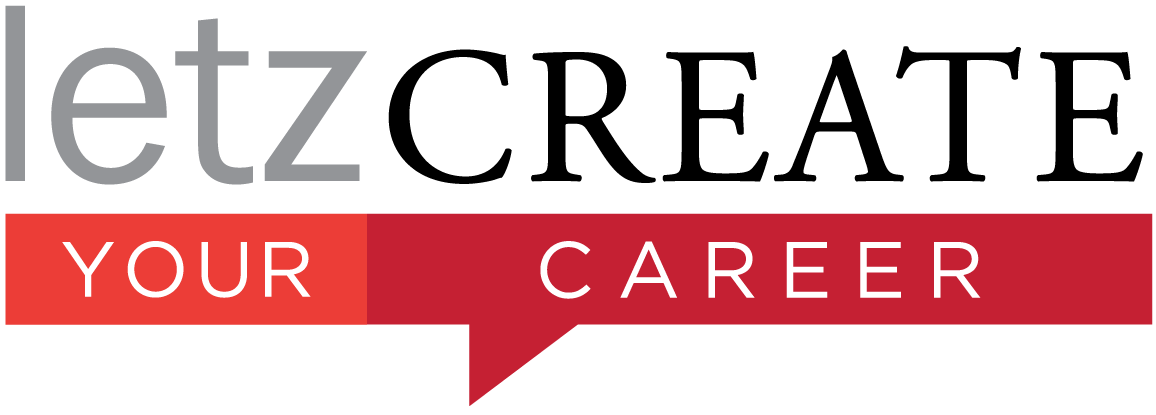The world has changed so much in the last few weeks! For job hunters, this means getting a job will be a lot harder for some time. The competition for jobs has increased, with many people being stood down or laid off across the country.
Today’s article will equip you with the critical knowledge you need RIGHT NOW to achieve job search success. Don’t file this one away to ‘read later’. Print it out and make your way through my suggestions like a checklist. I promise you will have greater success in finding a job if you do!
1. Have a Stand Out Job Application
Many organisations and recruiters have been moving to screening candidates using online tools for some time. We expect to see an increase in the use of Applicant Tracking Systems (ATS) in response to managing the much higher volume of job applications for each advertised role. In this new era of limited contact, you will find most, if not all, of the jobs you’re now applying for will be using technology that you must know about to be successful in your job search.
This means the following for you:
- the quality of your cover letter is more important than ever
- you must clearly demonstrate how you meet the job’s key selection criteria
- you must ensure your job applications are “key word rich” to get through the tracking system and into the hands of the recruiter or hiring manager.
2. Get Tech Savvy
Coffee catch ups and attending professional development events in real life are not an option for the foreseeable future and there’s a lot you can do to make sure you are properly resourced for remote job search.
Set up at home in a quiet space where you will not be interrupted, with a computer and access to job boards to continue your job search online. Phone and video interviews are a tool that recruiters and hiring managers have been using more and more and, for now, they’re the ‘new normal’ and will be the only way interviews can be conducted in the short term.
If you do not have a computer, you can use your mobile phone or tablet.
3. Be Prepared for Video Interviews
Here’s some suggestions to prepare for video interviews.
Test your tech: Before the interview, make sure the equipment and technology you are required to access are working properly. If it is a video interview, test your internet connection and audio-video quality. There are a number of video conferencing tools recruiters may use, including the following:
Pick a good spot: Make sure your interview spot is well-lit, quiet and somewhere you will not be interrupted. . Stay away from overhead lights during the interview, if possible. If you can be near a window, that’s ideal, but check what time of the day the interview is and when the sun may be streaming through the window, so it does not blind you!
I highly recommend you decide your interview spot a day before the interview to avoid the last-minute hassle. Play with your lighting and make sure there are no dark shadows on your face.
Dress well: Even though you’re not meeting your interviewer in person (physically), it’s best to dress well for the occasion. And yes, don’t forget to wear your smile! It helps.
Dress professionally (from head to toe, not head to waist), and take care to make sure what you’re wearing works for video. Certain colours, like many shades of blue—royal, navy, sky blue—look great on video, while some warm colours can be too bright.
Be prepared: Make sure you have done your homework just as you would have in a traditional interview. However, be prepared for different hiring questions in the current climate. Hiring managers will want candidates who can pick up things quickly in a changing environment. Skills that may be particular importance are your ability to think on your feet (agility), flexibility and adaptability. Be prepared for questions like:
“Tell me about a time you had to change direction without any notification, what did you do and what was the outcome. “
“What has been the hardest thing to learn, what did you do and what was the outcome?“
Body language: Before the interview, practice how you look on camera and make sure you know where the camera is.
When you are in the video interview, make sure you are sitting up straight, remember to smile and make eye contact (look at that camera!).
Get more video interview tips here from LinkedIn.
4. Build Relationships online using LinkedIn
A more competitive job market requires you to be able to build relationships with your LinkedIn community. LinkedIn is where recruiters, headhunters and hiring managers hang out online and is therefore an essential tool that will serve you very well over the longer term, if you can use your existing networks to help open doors for you.
Take the time to ensure you are connected with everyone you know and research decision makers you are already connected to on LinkedIn who may have vacancies or who may be connected to recruiters or other professionals who are hiring.
I know you want a job now, and I know you want to get into a conversation with the hiring manager or recruiter who is responsible for the job you just saw posted online. But beware – taking a transactional and pushy approach to key stakeholders and gatekeepers managing the hiring process will not serve you well.
Focus on building a relationship and taking a conversational approach to your communication and any outreach you choose to make on LinkedIn. There are some specific ways you can do this, including:
- Always send personalised invitations to connect, remembering to provide context for why you are reaching out. Focus on how you can add value versus what you want.
- Write in a professional and conversational tone when messaging connections on LinkedIn. Do not be too formal, but don’t be too casual either. The sweet spot is somewhere between how you might write an email to a customer and a text message to a new contact. Remember – this is a professional networking platform.
- Keep an eye on your LinkedIn newsfeed and look for opportunities to start conversations with people in your network, either by commenting on their updates in the public newsfeed or by messaging them privately via LinkedIn messaging. Remember to ask how they are and how they are navigating the current climate. A genuine, kind and compassionate approach will serve you very well at the moment.
- If you are sent an invitation to connect by someone you do not know, be open to accepting this connection. Once you accept this new connection, you can then follow them up with a message enquiring why they have reached out to you.
5. Get Social
Staying connected online at the moment is more important than ever. Being limited in terms of social gatherings means people will be hanging out more online. This is an opportunity for you to share and comment on articles of interest with your work community. Join discussion groups and become part of the virtual conversation. A job just might find you. Stranger things have happened!
6. Keep Searching
Even though it is getting tougher and tougher, some industries are required to keep hiring in this massive downturn. Businesses in the healthcare, logistics, finance and telecommunication spaces are still advising us that they are busy.
Do you know who gets hired during economic shifts? Those who don’t stop job searching and keep going! There are always opportunities for the ones who are working smart enough to uncover them.
Stay productive, positive and focused
I’m here to keep you productive, positive and focused during this bumpy ride. You may have already experienced the fact that recruiters will be much harder to reach, and there are very good reasons for this.
The many questions you want to ask a recruiter are questions you should be asking a Career Coach, like me, so please get in touch. I’m here to help.

I am a passionate Career Coach who works with individuals in the explore and search phase of their career journey, helping you realise your strengths through my career coaching and training programs. I enjoy showing people the path to greater career satisfaction and providing insight and tools to help you make your next career move.



